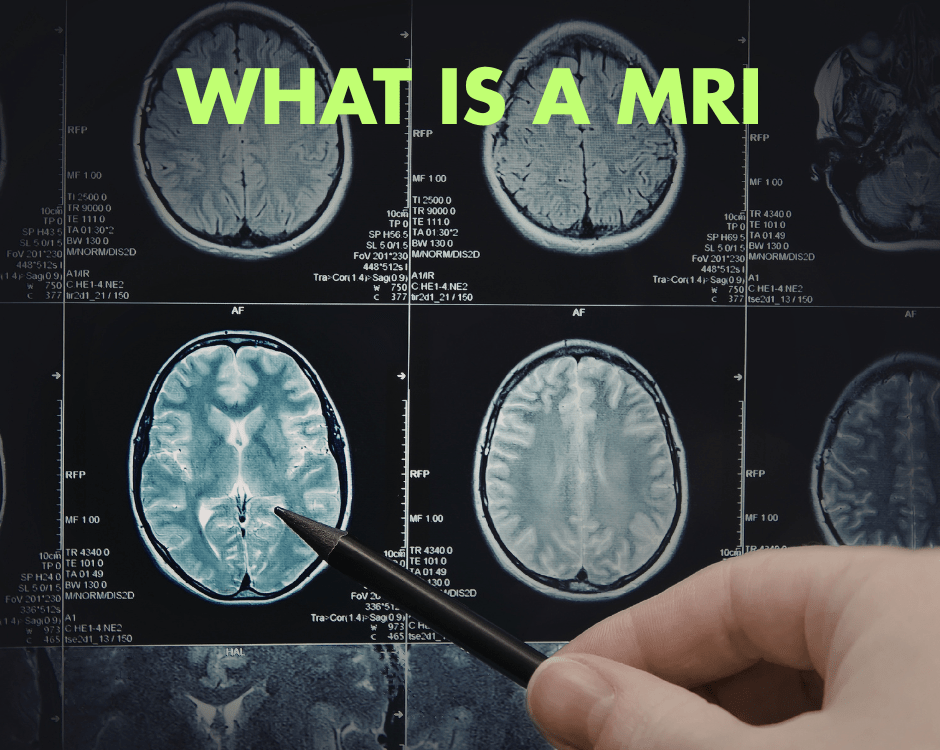Brain Freeze vs Throat Freeze

Ear Injuries
September 9, 2024
Osteoarthritis and Movement
September 16, 2024- Accident doctor
- accupuncture
- airplane headache
- alzheimer's
- best habits
- Brain Injuries
- car accident
- car accidents
- cervical strain
- colds
- concussion
- Concussions
- disc bulge
- dosage meds
- dry needling
- dull pain
- E bike injuries
- florida
- good posture
- headaches
- Headrest positions
- Headrest positions after an accident
- Healthy choices
- Healthy flying
- healthy gift guide
- Healthy SPring Ideas
- hip pain
- hyperextension
- injury doctor
- insurance
- Kayaking
- kentucky
- kids motion sickness
- lifestyle
- motion sickness
- neck injury
- no fault insurance doctor
- noise healing
- osteoporosis
- pain symptoms
- pink noise
- posterior chain
- posture
- prevent osteoporosis
- Rest
- Scoliosis
- shoulder pain
- Stress with kids after a motor vehicle accident
- TBI
- tips
- tmj
- torn muscle
- Traumatic Brain Injury
- trigger points
- VitaminD
- What are Post Traumatic headaches?
When I was a kid, we frequented the local Dairy Queen that had a wonderful product called the “Mister Misty.” This was a delicious, frozen, slushy treat that came in a myriad of flavors. Sometimes, if I drank it through the straw just a little too fast, I felt like the back of my throat was going to disconnect from the rest of my body. I did not know what it was at the time, but it seemed like a form of “brain freeze” that others would talk about. These sensations are very similar yet are not quite the same. I am Dr. Aaron Workman, a member of one of the highest rated car accident medical care clinics in the Lexington area and I am going to go over both brain and throat freeze, talk about why they are different, and give a couple of tips to avoid the phenomenon.
Brain Freeze:
This is sometimes called ice cream headache, or the more scientific term, sphenopalatine ganglioneuralgia. This is a brief but intense headache that happens when something cold hits the roof of your mouth or back of your throat. When cold items encounter these areas, they cool the nerves there, which sends a signal to the brain. In response, the blood vessels near your brain rapidly constrict to protect against the sudden drop in temperature. The blood vessels dilate to quickly warm the area again, and this sudden change can cause a sharp, throbbing headache that lasts for a few seconds to a minute. This happens fast so be prepared. The forehead is usually the spot where that intense pain is felt which is why it is called brain freeze.
Throat Freeze:
Throat freeze is a similar experience, but instead of affecting your head, it is focused on your throat. It happens when something cold makes direct contact with the back of your throat, chilling the nerves there. The cold causes the blood vessels in your throat to tighten and then quickly widen to adjust to the temperature change. This can cause a sudden, sharp pain or discomfort that feels like it is radiating from the throat, not the head. It makes me feel like I need to breathe fire to warm up my throat. Some say it is not as painful as brain freeze, but I have only experienced throat freeze.
Key Differences Between Brain Freeze and Throat Freeze
1. Location of Pain: The most obvious difference between brain freeze and throat freeze is the location of the discomfort. Brain freeze is felt in the forehead, usually just behind the eyes or at the top of the head. Throat freeze is centered around the back, deep portion of the throat and does not affect the head.
-
Nerves Involved: Brain freeze occurs because the cold affects certain nerves in the roof of your mouth which then sends signals to your brain. Throat freeze is more about the cooling of the nerves in the throat, which does not involve the same communication to the brain.
3. Intensity and Duration: Brain freeze is usually more intense than throat freeze, likely because the signals sent to the brain are recognized as a headache rather than just discomfort. Brain freeze pain may last several seconds to a minute, whereas throat freeze tends to be shorter in duration and less severe.
4. How They are Triggered: Both are triggered by consuming cold foods or drinks, but brain freeze happens when the cold hits the roof of the mouth or the upper part of the throat, while throat freeze happens when the cold hits the back of the throat more directly.
You can lessen both brain and throat freeze by consuming cold foods and drinks more slowly. Sipping cold beverages instead of gulping them or letting ice cream melt a little in your mouth before swallowing can help avoid sudden temperature changes that trigger the miserable response. You can also warm the affected area (roof of the mouth or throat) by pressing your tongue against it to bring back warmth faster.
Understanding these differences can help you manage the discomfort and avoid future episodes. So next time you are enjoying an ice cream or cold drink, slow down a bit to keep your head and throat from ruining your cold treat.
— This article is written by Aaron Workman, DC, one of the members of Chambers Medical Group’s team of car accident chiropractors who offer a variety of treatments and therapies ranging from diagnostic testing to various soft tissue therapies for car accidents and injuries in Kentucky.
- Car Accident Medical Clinic in Tampa
- Car Accident Medical Clinic in Plant City
- Car Accident Medical Clinic in Brandon
- Car Accident Medical Clinic in Lakeland
- Car Accident Medical Clinic in Sarasota
- Car Accident Medical Clinic in Louisville
- Car Accident Medical Clinic in Lexington
- Car Accident Medical Clinic in Florence




